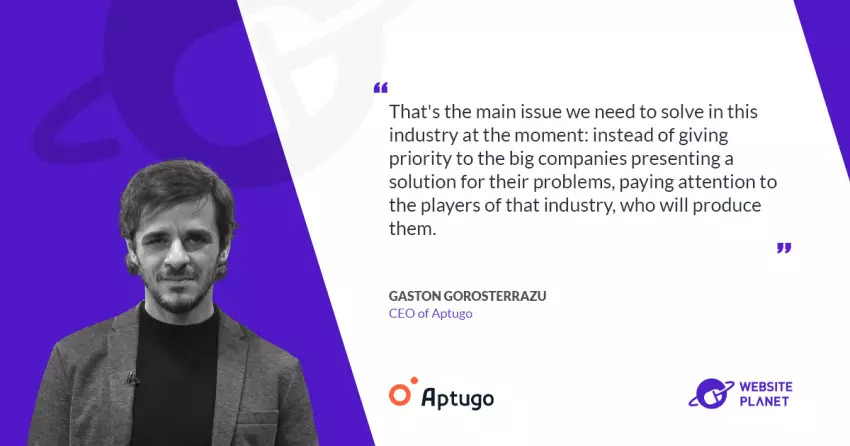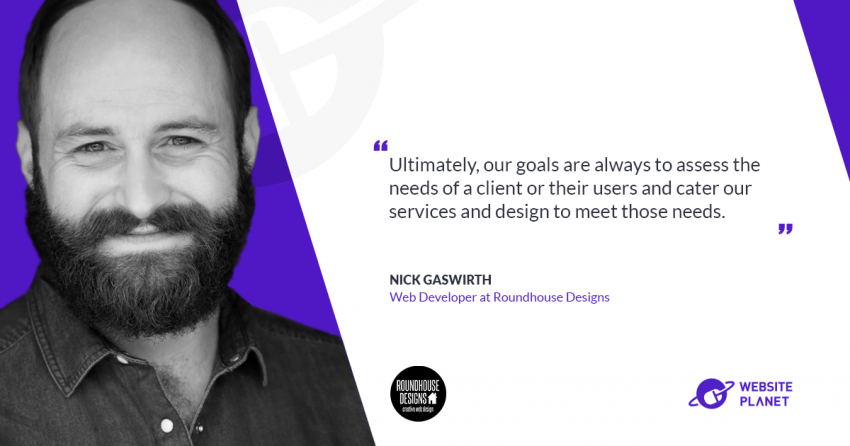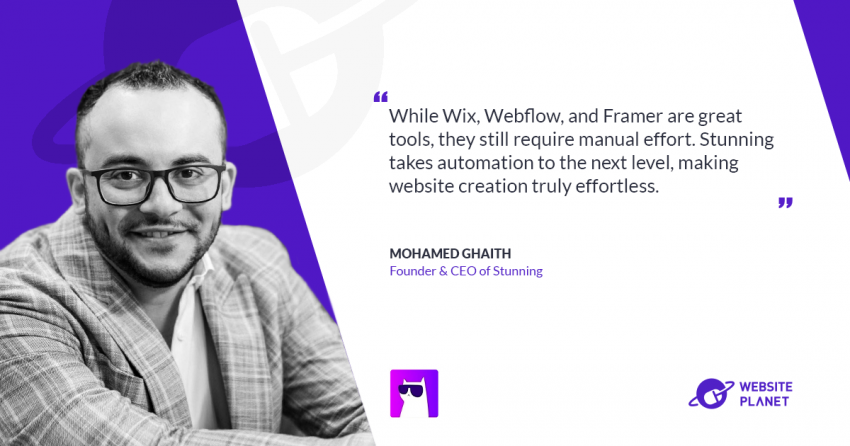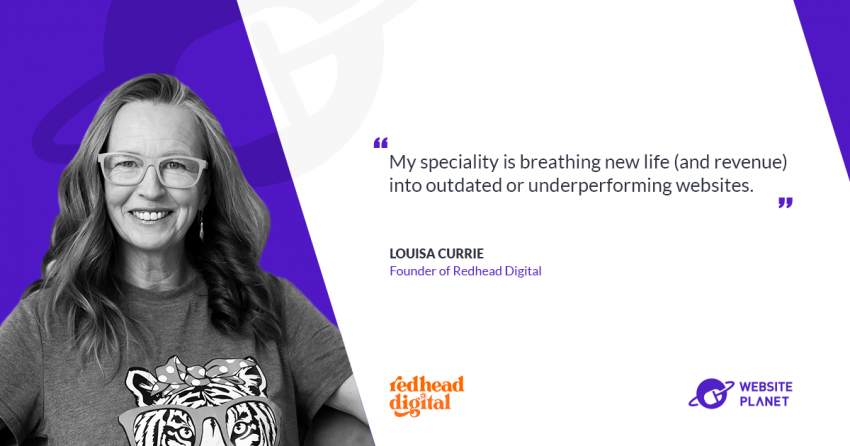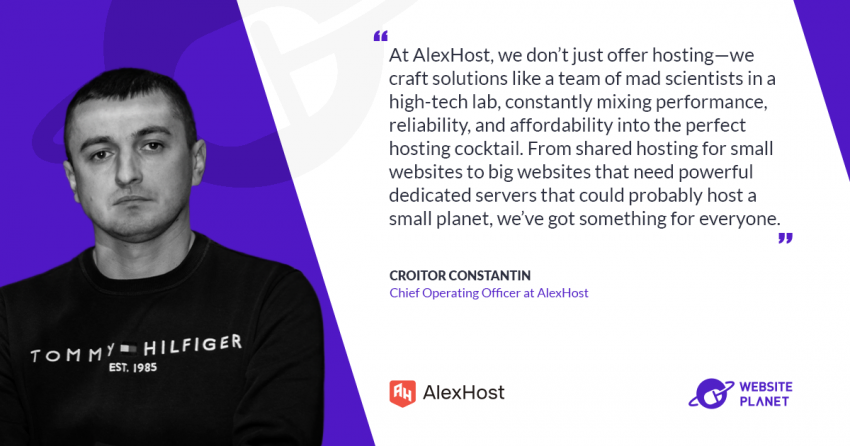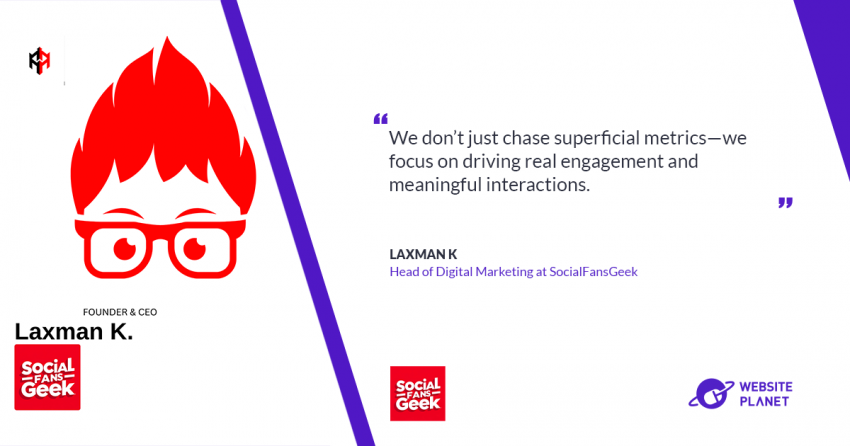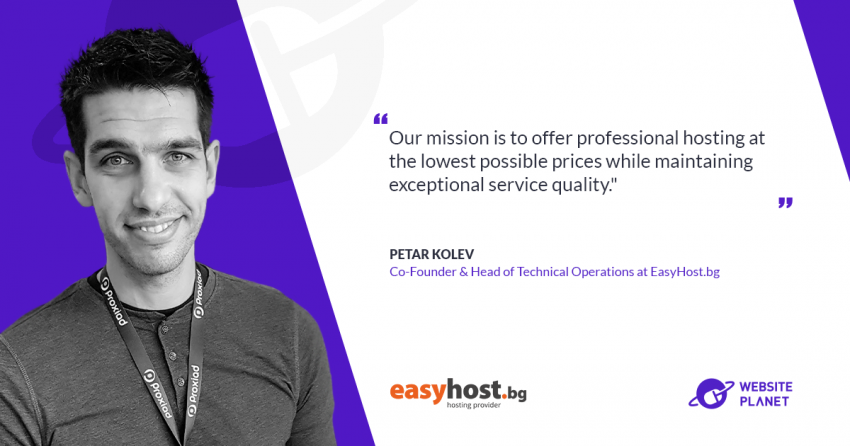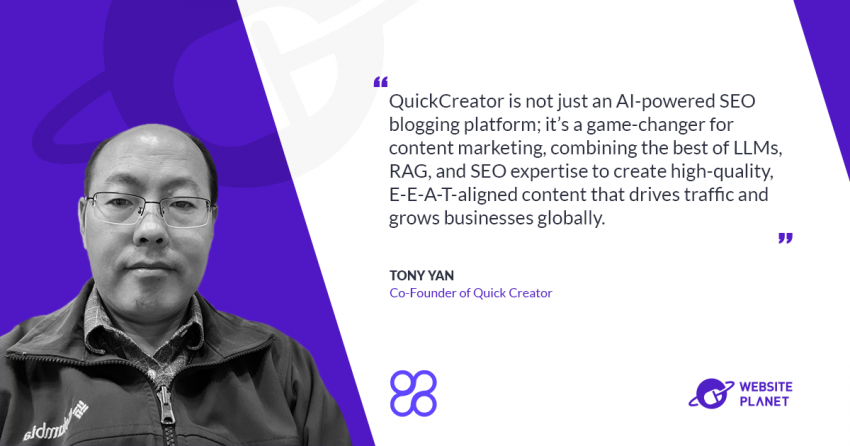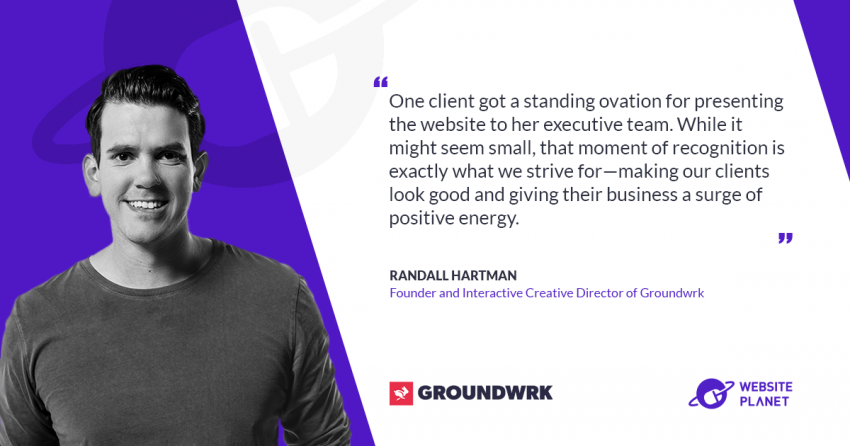Please present Aptugo to our audience.
Aptugo started during my time in college. Basically, we saw the web coming and everything was about to change. We used to work on just one programming language. It was a simple system and that’s it. And then the wave came in with CSS, HTML, then JavaScript and a lot of languages and a lot of things working together. We said: okay, how the hell are we going to develop stuff like this? And we decided it was impossible to come to all the features. But a few years after that we made that checklist. I thought that we probably could not create everything, but let’s get started. So, I started creating Aptugo mostly because I’ve become tired of always creating the same things. I had the opportunity to work on different companies, in various industries and sizes, everything from DNA sequencing to Cosmopolitan in New York and everything between, and it was always the same: the log in, the user management, listing articles or subjects, etc. Instead of typing everything I decided to create something that was typed for me. I developed the first version of Aptugo and then showed it to a few friends a couple of years ago and they said it was fantastic. Then, Aptugo was able to create a complete application from start to finish, so we decided to launch it as a product last October. We defined JavaScript as the language with React as the framework and Node.js for the backend. The service was put to public testing with 100 to 200 users, but then everything exploded: we already have several thousands of users and companies calling us every day. Think of Aptugo as a low-coding tool or a tool that looks like low-coding but produces actual source code and results in software at the end, we’re basically disrupting the low-coding market and people are reacting to it. You can forget about the platform’s boundaries that low-coding usually has as you can extend Aptugo’s up to no limit. Anyone can bring anything into Aptugo and it will know how to use it in new software. The idea behind it is to do it just once and continue scaling. For a developer, that means they can actually focus on creating the new things and not spend time doing repetitive stuff like logins and listings.So, the main differentiation between Aptugo and the rivals is presenting an easier experience?
I think that the main difference is that Aptugo is a set of tools instead of a platform. It will help anyone who wishes to create a system, a website, without spending years training. Just in a few hours, you’re able to use Aptugo and produce software that is not tied with Aptugo at any level. In that sense, it is probably more similar to text editors than a platform.How much do you think that anyone will spend learning, reading and seeing videos to start developing?
In February we launched our first course. We announced a 40-hour course on our social media and 70,000 people subscribed to it. We accepted 3,000 of them, who are taking the up to courses and every day more adding to the pool. This Monday, we started with about 100 people from Barcelona and after 40 hours, they’re able to produce any kind of software. We did not only take big tech enthusiasts or tech-savvy people, but rather people from very diverse backgrounds: bus drivers, retired people, people in their early teens, and everyone is able to produce their own software. We are really happy with those results. And I, personally, feel proud of the impact this causes to individuals, persons that for any reason were denied an entrance to the development world.When creating an app, what should I prioritize? What do you believe should be in the forefront?
It depends on what you use. You should actually prioritize having an MVP, having something working. Get something working, up and running, and then start figuring out the details and adding new stuff. We see a lot of that in our courses. I mean, they want to create the next Facebook with Instagram and then of course, Google and LinkedIn all in one, when they basically need something to make a hotel reservation and to be able to leave in a few hours. But if they start thinking of adding social networks and other details, they’ll have nothing to show several weeks later and get frustrated.In your opinion, what part of the app developing process deserves more credit? Do you think there’s still gaps that need to be addressed?
Yes, I do think that. But I think it happens in a state of mind and you are able to see that. There are people that get to develop something because they say they think it’s a good business and you will notice that on the final product. Or you will see products created by people involved in that industry creating something that actually will solve the daily stuff. If you take a bus driver and ask what will be the next or the best software for their industry or daily work and provide them with a tool and them to create it themselves, you will see an amazing product that solves a real problem. That’s the main issue we need to solve in this industry at the moment: instead of giving priority to the big companies presenting a solution for their problems, paying attention to the players of that industry, who will produce them. Now, with the rise of citizen developers, we’ll be able to see products that actually are made by people who are involved in their areas.Do you believe we’ll have really niched solutions in the future?
Yes, I do. I think that is the new movement that we are seeing now. Probably, in the future I will be able to see different products every day coming from the people that actually use them often. They suffer with those problems and they also find the solution for them.What are Aptugo’s plans for the future? What do you see in the next few years?
My biggest issue was to come up with a plan to make Aptugo for free, since I don’t want it only for the companies. Of course, I will love seeing it in every company, but since we started showing it to the public, we discovered a lot of high schools and colleges found Aptugo a great tool to teach how to start thinking how to program and to develop a software.Aptugo Academy came from that. What I also want to provide is a tool that anyone can use and that should be for free. We came up with this idea, that we’re developing over the next few months. We are going to provide Aptugo for free and our paid license will be only for extra training or continued learning, which is also something that happens in the life of every developer in the world. Also, we are aiming to offer the first open marketplace created by the users and for the users. So, anyone that needs to connect a software with LinkedIn, Salesforce or other service but doesn’t have the knowledge to build that will be able to enter this marketplace and find someone to create the connection, or to find a plugin.
